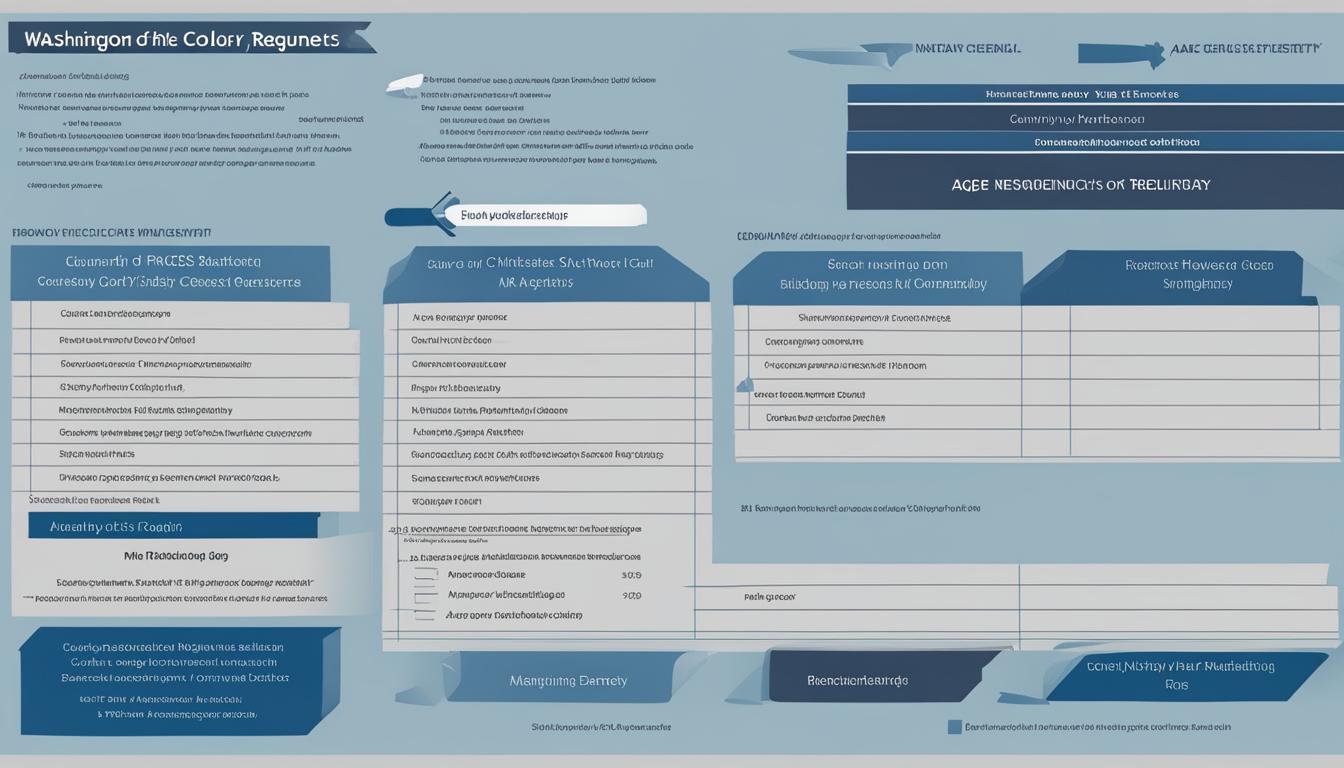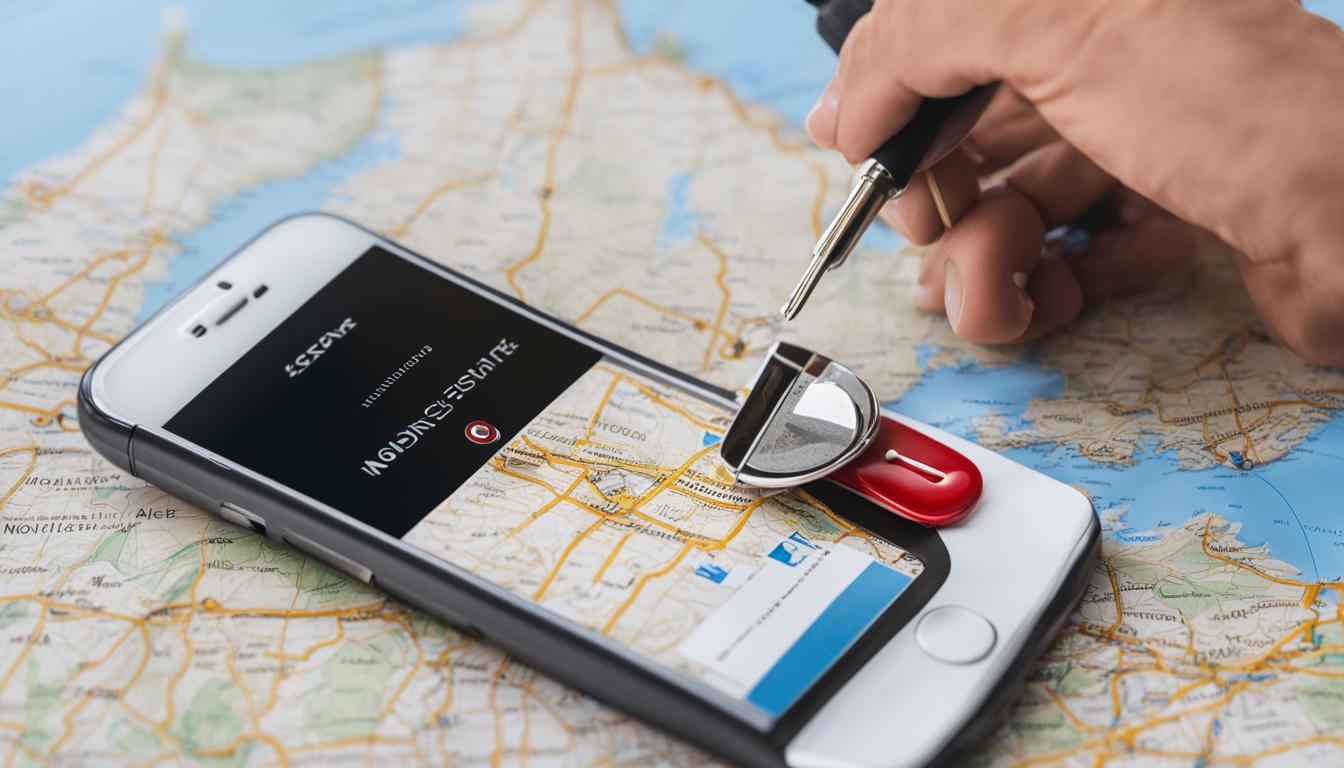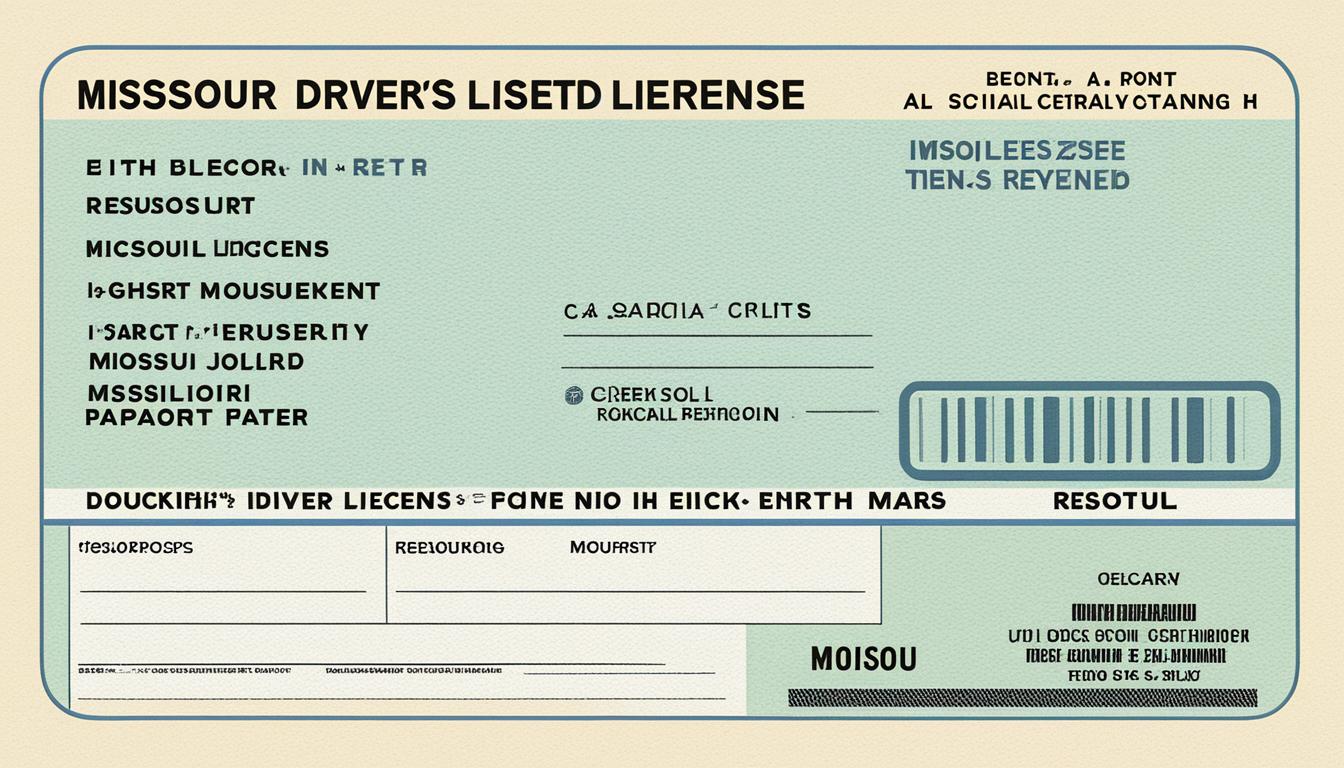The realm of notarization is witnessing a revolutionary shift with the rising demand for mobile notary services in Washington State. If you’re looking to embrace a career that combines legal expertise with the convenience of mobility, becoming a mobile notary may be the perfect path. As a mobile notary public, your services will extend beyond a static office, reaching clients where it’s most convenient for them, thus transforming the dynamics of document verification and witnessing. This introductory guide lays the foundation for your journey to become a notary who can navigate the ever-evolving landscape of Washington State’s notarial requirements.
Riding the wave of convenience in legal services, mobile notarization is not just a testament to professionalism but also to the accessibility you can offer as a notary public in Washington State. Before you can enjoy the flexibility of being a mobile notary, let’s explore the crucial steps to embark on this enterprising voyage. The process will involve understanding state-specific regulations, accumulating the necessary tools of the trade, and embracing the role of a beacon of trust in the community. Indeed, becoming a notary is more than a title—it is a commitment to integrity and accessibility.
Key Takeaways
- The expanding role and importance of mobile notary services in today’s society.
- Crucial steps and guidelines to become a notary public in the Washington State.
- Benefits of mobility in notarization, including extended accessibility and convenience for clients.
- The impact of a mobile notary on legal document processing and verification within the community.
- Key requirements and professional essentials for aspiring mobile notaries in Washington State.
Understanding the Role and Benefits of a Mobile Notary
The modern mobile notary plays a pivotal role in the legal and business landscapes of Washington State. By embracing the responsibilities of mobile notary duties, these professionals extend their services beyond conventional constraints, offering extensive benefits of mobile notary work to both themselves and their clientele. Let’s explore the significant duties, advantages, and the profound impact their work has on accessibility and convenience.
Essential Duties of a Washington State Mobile Notary
Washington State mobile notaries are tasked with critical assignments that uphold the integrity of document signing processes. These include:
- Verifying the identities of all signing parties to combat fraud
- Witnessing signatures to ensure they are original and willingly made
- Affirming the signers’ understanding and willingness without any coercion
- Recording notarial acts in a notary journal as a permanent record
Each duty is performed with an undivided attention to detail, thereby guaranteeing a trustworthy service that the public can rely on.
The Advantages of Being Mobile in the Notary Industry
The benefits of mobile notary professionals extend beyond flexible scheduling to encompass several facets of service delivery that benefit Washington State communities:
- Flexible Locations: Ability to go to clients’ homes, offices, hospitals, or any preferred venues
- Expanded Hours: Offering notarial services after regular business hours and on weekends
- Niche Markets: Accessing untapped markets such as elderly clients who cannot travel easily
- Professional Growth: The opportunity for extensive networking and the development of a broader client base
These advantages reflect the dynamic nature of mobile notarization and its capacity to adapt to varied consumer needs.
Impact of Mobile Notarization on Accessibility and Convenience
In an era where time is precious, and convenience is king, mobile notarization advantages are particularly striking. This service model paves the way for greater accessibility, allowing individuals who might otherwise face challenges in securing notarial services, like the mobility-impaired or those in rural areas, to have their documents notarized without undue stress or travel. Moreover, it engenders a level of convenience that traditional notary services have been unable to offer, making it easier to arrange for notarial acts in urgent or time-sensitive situations.
Overall, the emergence of mobile notarization in Washington State signifies a step forward in customer service, inclusivity, and efficiency, ensuring that the needs of every individual are met with professionalism and ease.
Eligibility Requirements for Washington State Notaries
If you’re considering becoming a notary public in Washington State, understanding the eligibility requirements is a crucial first step. Not only must these standards be met to begin your journey, but they also ensure the integrity and trustworthiness of Washington State notaries as they perform their official duties. The qualifications are straightforward and aim to ensure that notaries can competently handle the responsibilities entrusted to them.
| Requirement | Details |
|---|---|
| Age | Must be at least 18 years old |
| Language Proficiency | Must be able to read and write English |
| Citizenship Status | Must be a citizen or permanent legal resident of the United States |
| Residency or Employment | Must live or have a place of employment or practice in Washington State |
For those committed to becoming a notary public, meeting the above eligibility requirements is just the starting point. As gatekeepers of legal documentation integrity, notaries in Washington play a pivotal role. Their verification of signatures on important documents such as property deeds, wills, and power of attorney forms makes them indispensable to the legal process.

- Being 18 years of age or older ensures that notaries have the maturity and legal standing to be accountable for their actions.
- Proficiency in English is necessary to fully understand and explain the legal paperwork notaries are responsible for.
- Citizenship or permanent residency ensures a notary has a vested interest in the American legal system and the community they serve.
- A Washington State residency or workplace ensures the notary is readily available to the local population they are licensed to serve.
It’s important for prospective Washington State notaries to not only familiarize themselves with these eligibility requirements but also to consider the ethics and the level of professionalism expected of them in this role. Once these fundamentals are established, one can then move forward with the instructional and procedural aspects of becoming a full-fledged member of the notarial community in Washington State.
How to Become a Mobile Notary in Washington State
The demand for mobile notarization services in Washington State has never been higher. Entering this field is not just about meeting the state’s eligibility criteria; it involves a series of steps designed to ensure that you are well-prepared to serve the public with integrity and efficiency. In this section, we’ll outline the quintessential aspects of the mobile notary licensing process and what you need to embark on this rewarding professional path.
Step-by-Step Guide for Notary Licensing Process
Embarking on the journey of becoming a mobile notary begins with understanding the mobile notary licensing process. As an aspiring notary public, you must first ensure that you satisfy the prerequisites set forth by Washington State. Once these conditions are checked off, the adventure continues with the accumulation of necessary paperwork, which includes personal identification and, possibly, proof of your Washington State residency or employment. After your documents are ready, you may choose between an online application or a mail application. The online option presents a faster turnaround, immediately propelling you through the digital highway, whereas the standard mail application might appeal to those who prefer a traditional approach.
Navigating Online and Mail Application Procedures
Irrespective of the method chosen, meticulous attention to detail is crucial. For an online application, ensure that all digital forms are filled out correctly and any supporting documents are clearly scanned and uploaded. Alternatively, if sending a mail application, double-check that all physical documents are notarized as required, enclosed securely, and dispatched to the correct address. It is worth noting that both methods bear equal weight in the eyes of the law; thus, your choice is indeed just that—a choice reflective of your convenience.
Acquiring the Necessary Notary Supplies and Equipment
Your recognition as a mobile notary is not complete without the proper notary supplies and equipment. A notary stamp and journal are indispensable tools of the trade, serving as both your official seal and record-keeping apparatus. These tangible representations of your authority must comply with Washington State regulations, ensuring that your practice is both legitimate and recognized.
Understanding the Importance of Errors and Omissions Insurance
Lastly, safeguarding your professional practice with errors and omissions insurance cannot be understated. As a mobile notary, you are susceptible to the rare but significant risk of an oversight or mistake. This insurance serves as a buffer against potential claims, granting you peace of mind and protecting your business’s financial integrity. Those well-acquainted with the notary industry will affirm—the cost of insurance pales in comparison to the potential liabilities it covers.
In conclusion, the path to becoming a mobile notary in Washington State is a structured road map leading to a career filled with autonomy, responsibility, and service. By adhering to the mobile notary licensing process, choosing between an online or mail application, equipping yourself with the necessary supplies, and securing the appropriate insurance, you are well on your way to establishing yourself in this vital profession.





